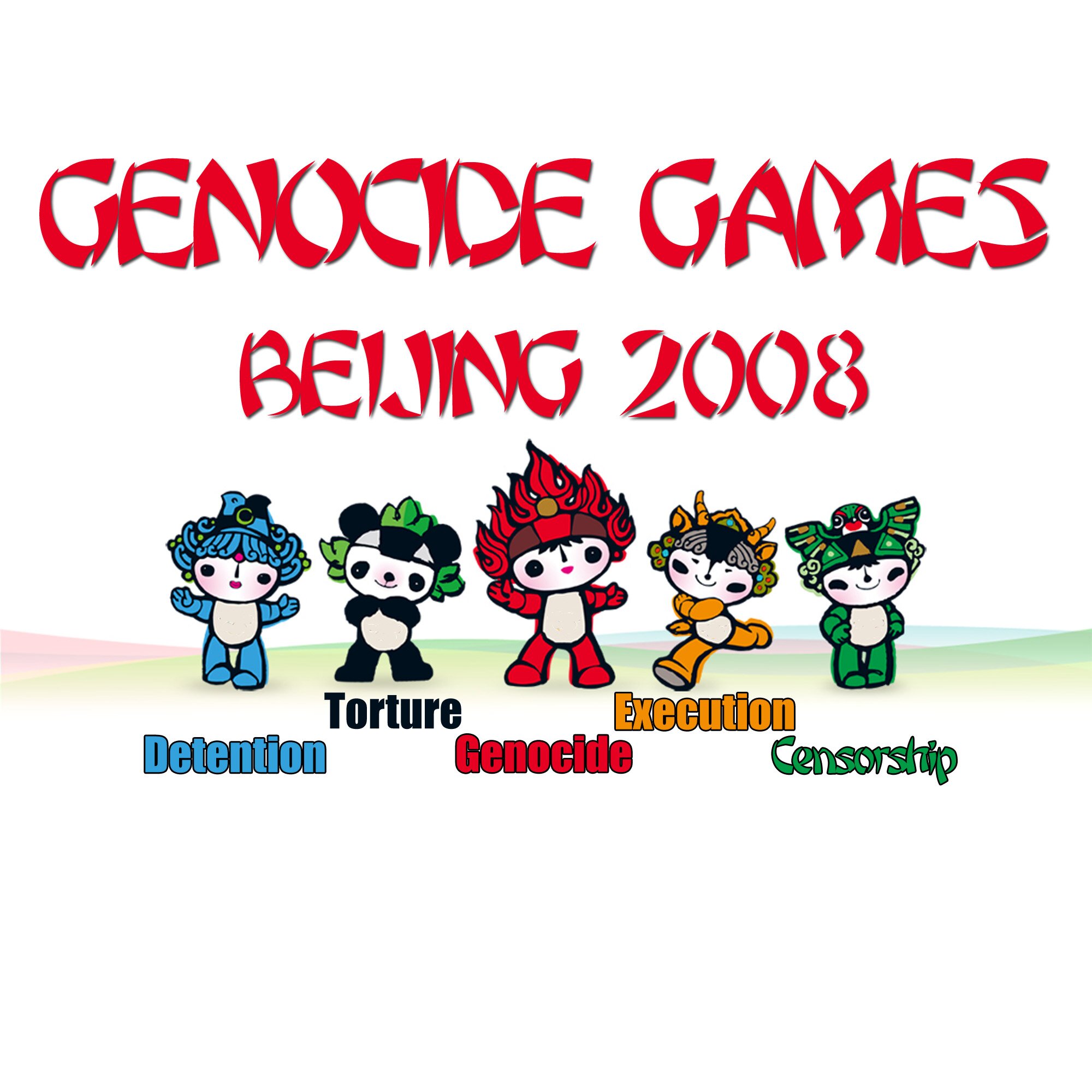In March 1992 I arrived in Japan to catch up with my Wife who flew there the prior month. I soon found a job teaching English at Nova Intercultural Institute (Nova ICI) - at the time one of the largest English Conversation schools in the country with hundreds of schools throughout Japan. To teach English all I needed to show was proof of my bachelors degree, and after a quick trip to Korea to change to a work visa I returned and taught English. I taught to students of all ages and abilities: office ladies and salarymen who wanted a touch of the exotic in their lives, bored housewives, and children forced to attend by their parents. All Japanese study English junior high through high school. But they learn English the same way we learn Latin: they might know the grammar but for the most part they can’t ask or answer rudimentary questions even after 6 years of formal education. Add to this being the product of a naturally isolationist culture, and the result is that most Japanese have an “English Complex” – which has led to a thriving English Conversation school industry in Japan employing tens of thousands of native speakers as “English teachers”.
There wasn’t much training for the job. The lessons were straight from the textbook American Streamline, a text that spoon fed teachers the lessons. There was an icebreaker to help the students relax, followed by a reading of a short text. After that we went over the text again, having the student listen and repeat it. After that there were a few exercises – again all straight from the teacher’s copy of the text followed by an extension phase to encourage the students to use what they learned. The lesson was completely structured by Streamline from start to finish, and there wasn’t much need for thinking or creativity from the teachers. After a few weeks of teaching the same lessons over and over again the mindless repetition dulled the job and burnout set in. At the time the 6 month attrition rate for teachers was 50% due to the mind-numbing nature of the job along with the stress of living in Japan – one of the truly unique cultures on the planet. 75% of teachers were gone from the job within their first year, with most leaving Japan completely. After two years there was hardly anyone with 2 or more years of experience left.
From April 1992 until June 1994 I taught seven 50 minute lessons a day + 1 lesson of “voice” – 50 minutes of unstructured conversation. Being somewhat of a workaholic, I often worked overtime – especially when the Wife returned to the states to visit her family.
After living in Africa from June 1994 to July 1995, I returned to Japan and picked right up where I left off teaching American Streamline at Nova. I finally quit in March 1997, and we returned to the United States where I began my illustrious career in Information Technology (woohoo!).
At one point I calculated that I taught close to 5,000 lessons in American Streamline. I wasn’t the best teacher; I had trouble with culture shock, and teaching English wasn’t want I wanted to do. I drank too much, smoked too much and wasn’t mature enough to handle being often the first foreigner a Japanese person ever met. American Streamline was a big part of the reason for that. Still I learned a lot from the Japanese, and I hope that I gave something back to them during my stint there. But I don’t want to ever teach English in my life again.
So why can’t I stop teaching American Streamline to 7c’s in my dreams 11 years later? Since leaving Japan I have dreamed about teaching English on average once every week or two. In order to understand this you have to consider that the most basic Japanese students – 7c’s – were allotted 10 lessons of American Streamline. The next level, 7B, had 30 lessons – and I remember one of them – Lesson 25 – even today:
“Pete’s standing outside the movie theater. He’s waiting for his friend Betsy. He’s looking at his watch because she’s late. An old man is coming out of the theater. A young woman is going into the theater. A boy is running up the steps. Some people are standing line outside the movie theater.”
The purpose of the lesson was to teach prepositions of location – not to instill post traumatic stress disorder in the teacher that he can’t escape 11 years later. The teachers used to joke that they would be teaching lessons in their sleep long after they had quit and left Japan, but for me that isn’t just a joke.
These dreams always involve returning to Nova in Japan, and walking into an unfamiliar school usually late then scrambling to find my student files for the next lesson. Inevitably I’m scheduled a full slate of 7c’s and 7B’s – beginners. Often I don’t find the school at all; since overtime often involved being on-call throughout the region on your days-off, travelling to an unfamiliar school at the last minute to teach complete strangers was quite common. I’m usually mercifully spared the discomfort of sitting down with the students and beginning the lesson – two strangers from completely different cultures thrown together at 2,700 Yen a lesson in a tiny room with four chairs around a circular table.
The odd thing is that for about 2 years after my return to the United States I had reverse culture shock; I had gotten so used to living in Japan that I had to adjust to speaking English 100% of the time instead of a mix of English and “Gaijin-ese”. The most difficult change was adjusting my mental concept of space – myself in relation to the world around me. In Japan I had gotten used to moving around in tight areas – narrow streets packed with people, small grocery stores with thin ribbons for aisles, and a whole apartment that would fit completely in my current living room.
The dreams are invariably unpleasant, and I usually awaken happy to find myself on the other side of the planet in a completely different and more lucrative career. I’m left wondering what it would take to end these dreams. Nova went bankrupt last year so I can’t return to Japan and visit the schools that I taught at in Kyoto and Osaka. Perhaps I’m stuck with them the way even old people dream of being late to a high school or college exam.








